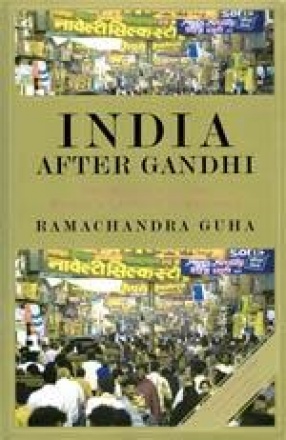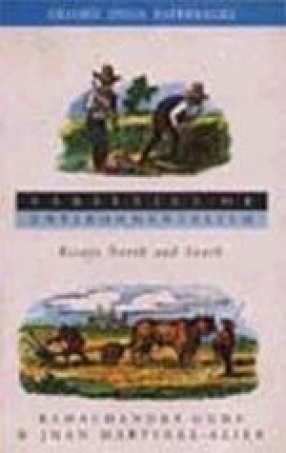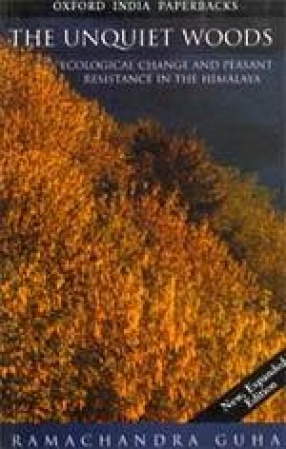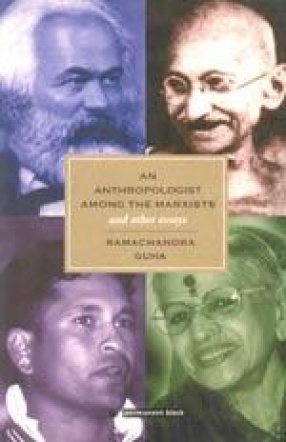India After Gandhi: The History of the World's Largest Democracy
Synopsis
Born against a background of privation and civil war, divided along lines of caste, class, language and religion, independent India emerged, somehow, as a united and democratic country. This remarkable book tells the full story-the pain and the struggle, the humiliations and the glories-of the world's largest and least likely democracy. While India is sometimes the most exasperating country in the world, it is also the most interesting. Ramachandra Guha writes compellingly of the myriad protests and conflicts that have peppered the history of free India. But he writes also of the factors and processes that have kept the country together (and kept it democratic), defying numerous prophets of doom who believed that its poverty and heterogeneity would force India to break up or come under autocratic rule. Once, the Western world looked upon India with a mixture of pity and contempt; now, it looks upon India with fear and admiration. Moving between history and biography, the story of modern India is peopled with extraordinary characters. Guha gives fresh insights on the lives and public careers of those longserving Prime Ministers, Jawaharlal Nehru and Indira Gandhi. There are vivid sketches of the major 'provincial' leaders whose province was as large as a European country: the Kashmiri rebel-turned-ruler Sheikh Abdullah; the Tamil film actor-turned-politician M.G. Ramachandran; the Naga secessionist leader Angami Zapu Phizo; the socialist activist Jayaprakash Narayan. But the author also writes with feeling and sensitivity about lesser known (though not necessarily less important) Indians-peasants, tribals, women, workers and musicians. Massively researched and elegantly written, India After Gandhi is a magisterial account of India' rebirth, and the work of a major scholar at the height of his powers.
Read more
38.70
34.83
$
43.00 $
Free delivery Wolrdwidе in 10-18 days
Ships in 3-5 days from New Delhi
Membership for 1 Year $35.00
Get it now and save 10%
Get it now and save 10%
BECOME A MEMBER











Nonetheless the name says 'India After Gandhi' the narrative starts right from the Sepoy Mutiny days. Ramchandra Guha splendidly tracks down all important events in the history of India. Right from Partition and Riots and various famous and infamous incidents and the contribution of various freedom fighter and leaders pre and post Independence. Author has still missed upon a few significant ones like - Subhash Chandra Bose, Khudiram Bose, Madan Lal Dhingra, Uddham Singh, Bipin Chandra Pal, Bagha Jatin and the likes... Detailed descritption has been given of the period when the counrty was in the hands of the Monarchs (Nehru-Gandhi) which ends with the death of the Rajiv Gandhi. Which gives the description of the various incidents like Blue-Star Operation and the Emergency rule under Indira. Aurthor also describes all the wars faught with China and Pakisthan and one of them which inturn led to the formation of Bangladesh. LTTE in Ceylon and the rise of Naxal are a treat as it helps to relate with the current events in Sri Lanka and Gadchiroli (maharashtra). Mr Guha have not even missed the Union Carbide gas tragedy in Bhopal and Godhra carnage that marked the rise of a new leader with a good 'M' to his name(Narendra Modi). The pace slakens at the end with a detailed description in the field of Indian Cinema, art and culture. Overall the book is nothing less than an epic which can easily replace any Social Studies book of primary. With a splendid narration just the author has dealt the subject like that of any screenplay. I would recommend it as no other book in the recent past enriches the reader with so much in just one pack.
Bibliographic information